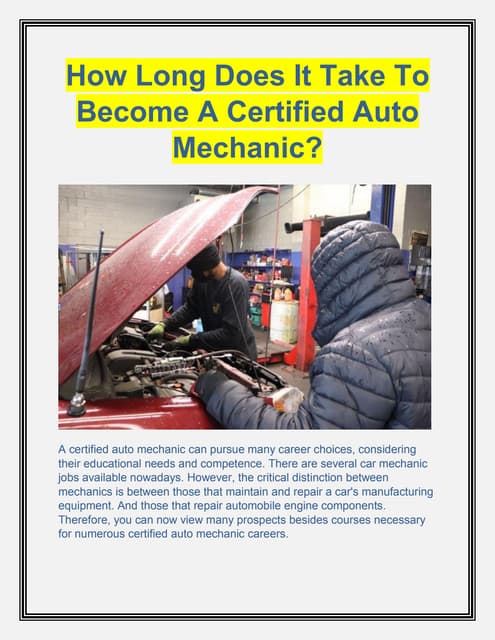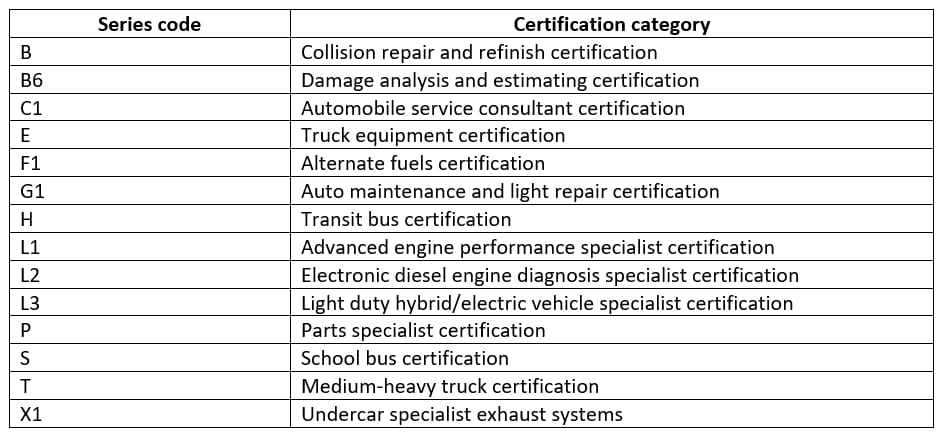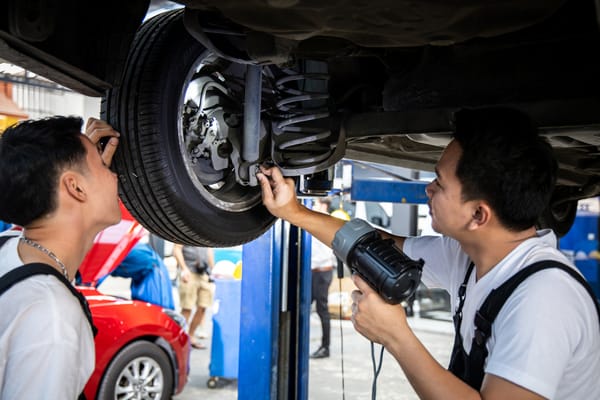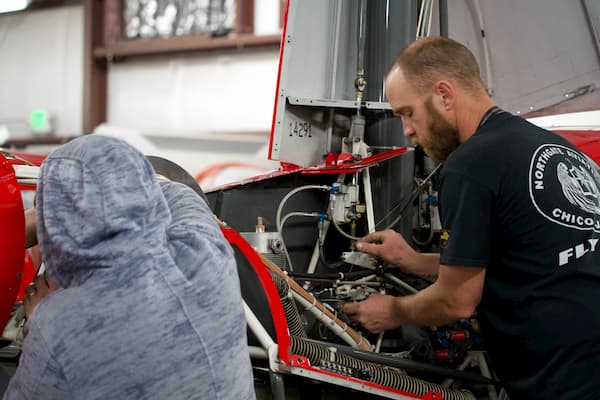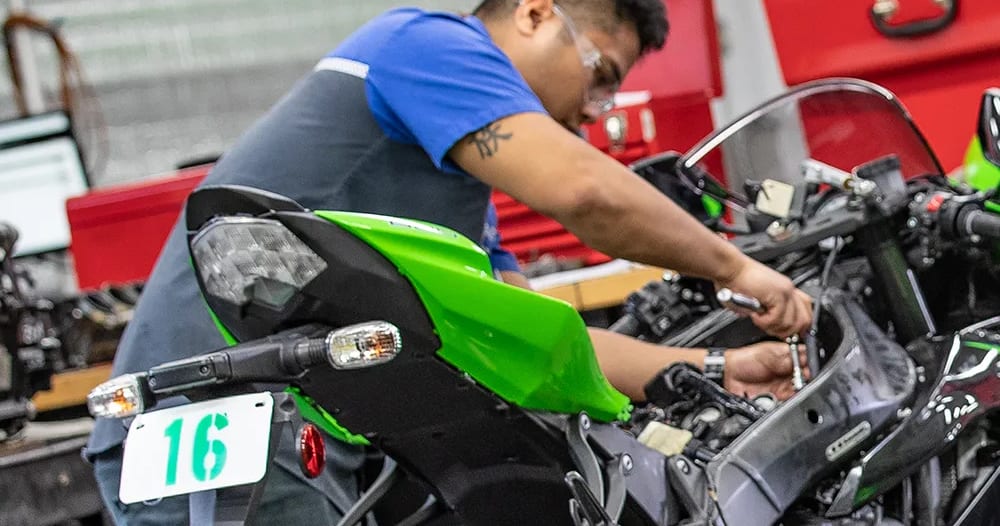How Long It Takes To Become A Mechanic

The wrench slips, a bead of sweat trickles down, and frustration mounts. Mastering the intricate dance of diagnosis, repair, and maintenance that defines the automotive mechanic's profession is a journey demanding more than just grease-stained hands. The path to becoming a skilled mechanic is a multifaceted process, a blend of formal education, on-the-job experience, and continuous learning that can span several years.
This article delves into the question that many aspiring mechanics ask: how long does it *really* take to become a proficient mechanic? It explores the various training pathways, from vocational schools to apprenticeships, examining the time commitments, costs, and potential career outcomes associated with each. Understanding this timeline is crucial for anyone considering a career under the hood.
Educational Pathways: Laying the Foundation
The initial step toward a mechanic's career often involves formal education. Vocational schools and community colleges offer automotive technology programs ranging from certificate courses to associate degrees. These programs provide a fundamental understanding of vehicle systems, diagnostic procedures, and repair techniques.
Certificate programs typically last between six months and a year, focusing on specific areas like engine repair, brake systems, or electrical diagnostics. An associate degree, on the other hand, requires two years of full-time study, offering a more comprehensive curriculum covering a broader range of automotive topics. The Bureau of Labor Statistics emphasizes the importance of postsecondary education for aspiring mechanics, noting that it significantly improves job prospects and earning potential.
Apprenticeships: Bridging the Gap Between Theory and Practice
While classroom learning provides a solid foundation, hands-on experience is essential for becoming a competent mechanic. Apprenticeships offer structured on-the-job training under the guidance of experienced technicians. These programs typically last between two and five years, providing a gradual progression from basic tasks to more complex repairs.
During an apprenticeship, trainees earn a wage while learning the trade, making it an attractive option for those who prefer a practical, hands-on learning environment. The U.S. Department of Labor regulates apprenticeship programs, ensuring that they meet industry standards and provide comprehensive training. Many apprenticeships culminate in certifications, such as those offered by the National Institute for Automotive Service Excellence (ASE), enhancing career opportunities and demonstrating competency to potential employers.
The Role of ASE Certification: A Benchmark of Competence
ASE certification is widely recognized as the industry standard for mechanic competency. Achieving ASE certification requires passing rigorous exams and demonstrating practical experience in specific areas of automotive repair. Mechanics can become certified in various specialties, including engine repair, brakes, electrical systems, and heating and air conditioning.
To be eligible for ASE certification, candidates must have at least two years of relevant work experience or one year of experience and a two-year degree in automotive technology. The exams are challenging, requiring a deep understanding of automotive systems and diagnostic procedures. Obtaining ASE certification not only demonstrates expertise but also increases earning potential and enhances career advancement opportunities.
Continuous Learning: Adapting to Technological Advancements
The automotive industry is constantly evolving, with new technologies and repair techniques emerging regularly. Therefore, continuous learning is crucial for mechanics to stay current and maintain their skills. Mechanics often attend training courses and workshops offered by manufacturers, suppliers, and industry organizations to learn about new vehicle models, diagnostic tools, and repair procedures.
The rise of electric vehicles (EVs) and advanced driver-assistance systems (ADAS) is creating a growing demand for mechanics with specialized skills in these areas. Mechanics who invest in continuous learning and acquire expertise in emerging technologies will be well-positioned to thrive in the evolving automotive landscape.
"The future of automotive repair lies in embracing new technologies and continuously updating skills," says John Smith, a lead technician at a reputable repair shop.
The Total Time Investment: A Realistic Estimate
Considering all the factors, the total time investment to become a fully qualified and experienced mechanic can range from three to seven years. This includes formal education, apprenticeship training, and ongoing professional development. While the path may be demanding, the rewards can be significant, with skilled mechanics enjoying stable careers, competitive salaries, and the satisfaction of solving complex problems.
The specific timeline will vary depending on the individual's chosen training path, dedication, and career goals. However, a commitment to lifelong learning and a passion for automotive technology are essential for success in this dynamic and rewarding profession. Aspiring mechanics should carefully consider their options, seek guidance from experienced professionals, and be prepared to invest the time and effort required to master the trade.

